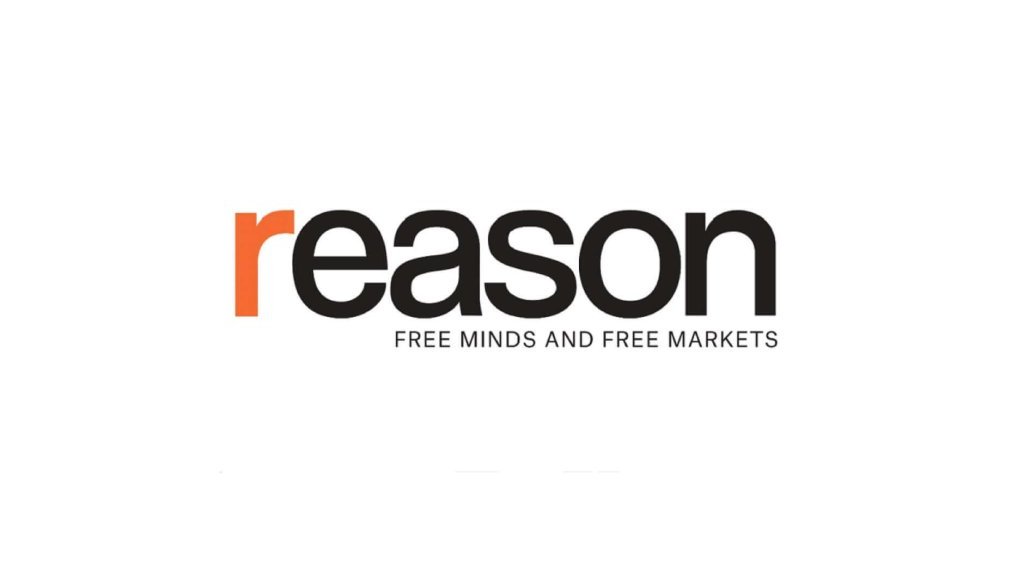Iowa S. Ct. Adopts Federal Courts’ Presumption Against Pseudonymity
Federal courts have long had a strong presumption against pseudonymity; the cases I discuss in The Law of Pseudonymous Litigation are mostly federal cases. Some states have done the same, but many states don’t have a lot of caselaw on the subject. In Friday’s Doe v. Western Dubuque Comm. School Dist., the Iowa Supreme Court (in a unanimous opinion by Justice Christopher McDonald), generally adopted the federal approach:
Minor Doe, Father Doe, and Mother Doe filed suit against a school district and several school district officials and employees after Minor Doe was attacked by another student during school. The Does asserted claims for negligence, breach of fiduciary duty, and loss of consortium….
On January 12, 2023, Minor Doe was an eighth-grade student attending Drexler Middle School in the Western Dubuque Community School District. She was participating in an industrial arts technology class when another student assaulted her over the head with a board…. According to the petition, the school did not contact proper medical personnel or Minor Doe’s parents after the assault…. Minor Doe was diagnosed with a concussion and other injuries….
The substantive analysis in the decision discussed governmental immunities, fiduciary duties, and related matters, but the court had this to say about pseudonymity:
We conclude that pseudonymous petitions are generally disfavored but that there may be some circumstances in which they are allowed. Those circumstances were not met here ….
[Iowa Rule of Electronic Pro
Article from Reason.com

The Reason Magazine website is a go-to destination for libertarians seeking cogent analysis, investigative reporting, and thought-provoking commentary. Championing the principles of individual freedom, limited government, and free markets, the site offers a diverse range of articles, videos, and podcasts that challenge conventional wisdom and advocate for libertarian solutions. Whether you’re interested in politics, culture, or technology, Reason provides a unique lens that prioritizes liberty and rational discourse. It’s an essential resource for those who value critical thinking and nuanced debate in the pursuit of a freer society.



